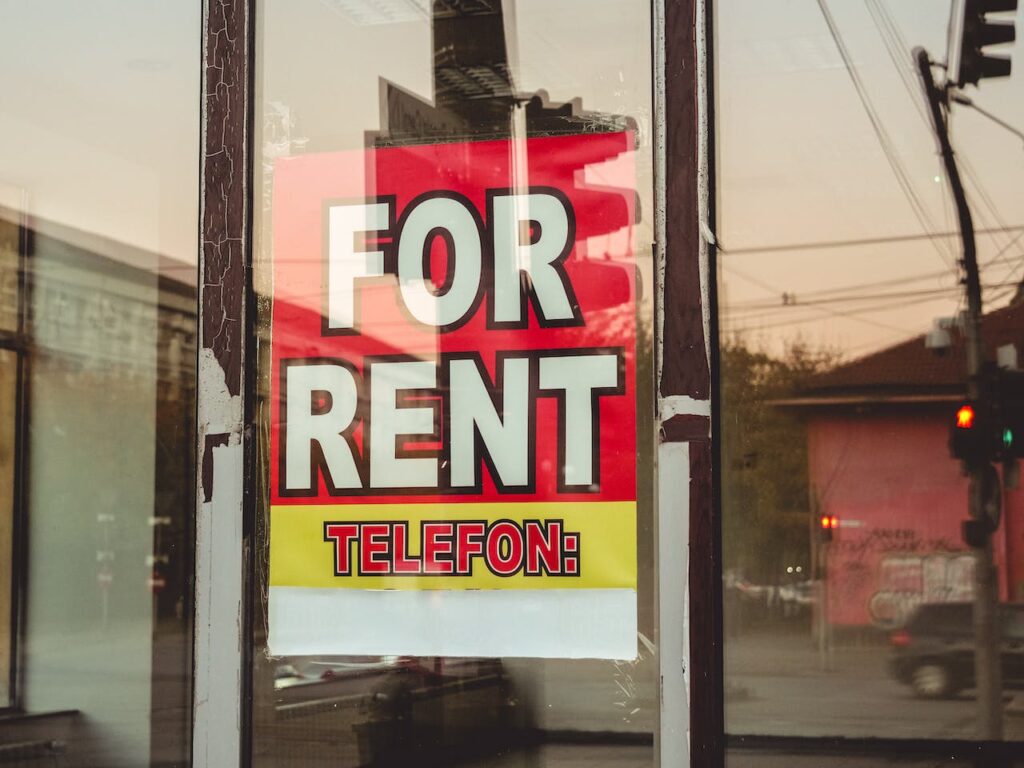Investing in rental properties can be a highly lucrative venture, offering both long-term capital growth and immediate cash flow. However, it also requires careful planning, market knowledge, and a strategy tailored to your financial goals. This starter guide will provide essential insights for those looking to enter the world of rental property investment.

Understanding Rental Property Investment
The Appeal of Rental Properties
Rental property investment involves purchasing real estate to rent out to tenants. It’s appealing due to the potential for steady rental income, property value appreciation, and tax advantages. It can also be a tangible asset, which some investors prefer over stocks or bonds.
Steps to Get Started
1. Educate Yourself

Before diving in, educate yourself about real estate investing. This includes understanding market dynamics, property management, legal requirements, and financing options. Resources like books, seminars, and online courses can be invaluable.
2. Set Clear Investment Goals
Identify your investment goals. Are you looking for short-term income, long-term wealth accumulation, or both? Your goals will influence the type of properties you look for and your approach to managing them.
3. Conduct Thorough Market Research
Research potential markets for your investment. Look for areas with strong rental demand, potential for appreciation, and favorable rental yield. Consider factors like employment rates, local economy, and future development plans.
4. Financing Your Investment
Understand your financing options. Most investors use a mortgage to purchase rental properties. Research different types of loans, interest rates, and the requirements for securing financing.
5. Choose the Right Property
Selecting the right property is crucial. Consider the property’s condition, location, and potential for rent and appreciation. Factor in expenses like maintenance, property taxes, and insurance.
6. Understand the Costs Involved
Be aware of the costs associated with owning and managing a rental property. This includes mortgage payments, property taxes, insurance, maintenance, and property management fees, if applicable.
7. Learn About Property Management

Decide whether you’ll manage the property yourself or hire a property management company. Self-management can save money but requires time and effort. A property manager can handle day-to-day tasks but will cost a percentage of the rental income.
8. Navigating Legal Requirements
Familiarize yourself with landlord-tenant laws in your area, including rights and responsibilities, eviction processes, and fair housing laws. Ensuring legal compliance is essential for a successful investment.
9. Building a Support Network
Consider building a network of professionals, including real estate agents, lawyers, accountants, and fellow investors. They can provide valuable advice, services, and support as you manage your investment.

Investing in rental properties can be a rewarding venture, but it requires careful planning and informed decision-making. As with any investment, there are risks involved, so it’s important to do your homework and possibly consult with financial and real estate professionals. With the right approach and dedication, rental property investment can be a significant addition to your financial portfolio.

